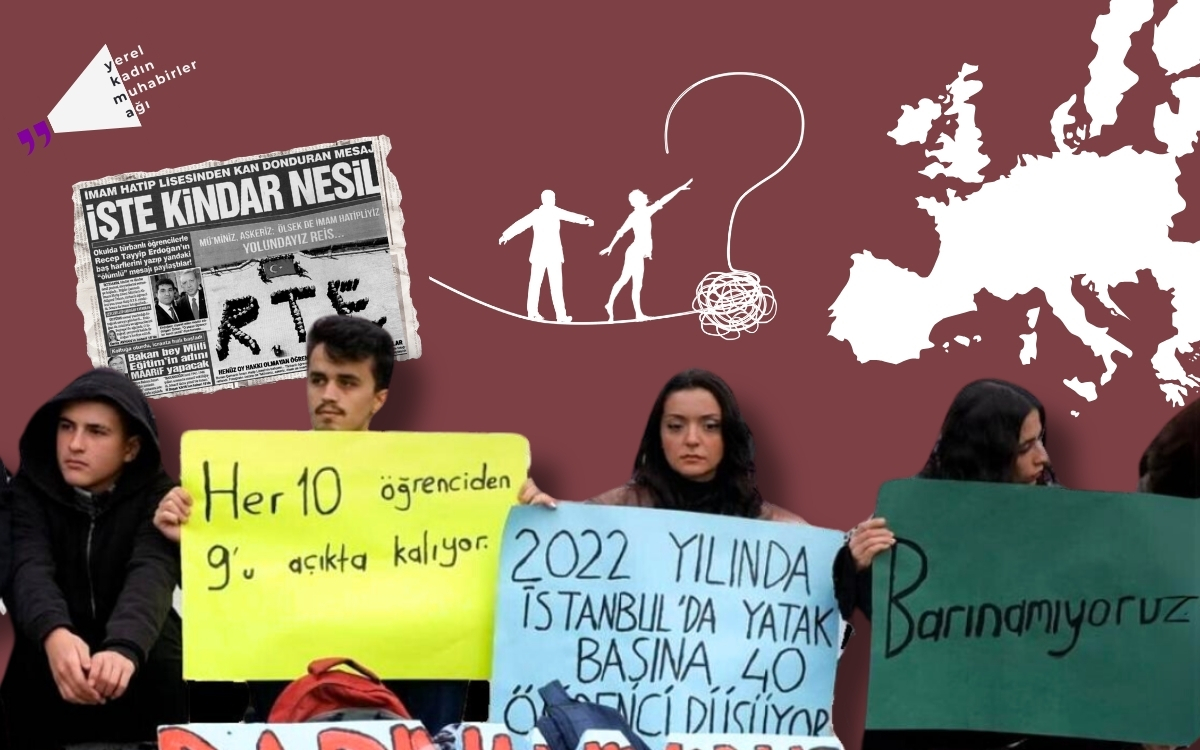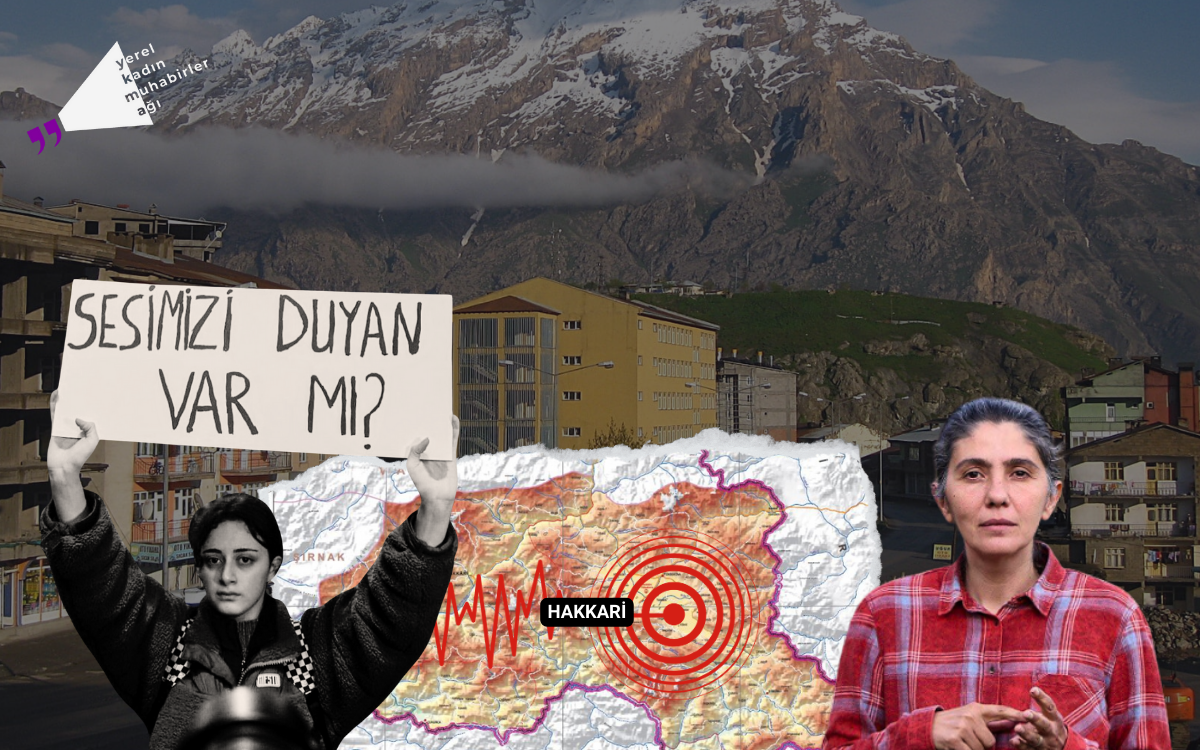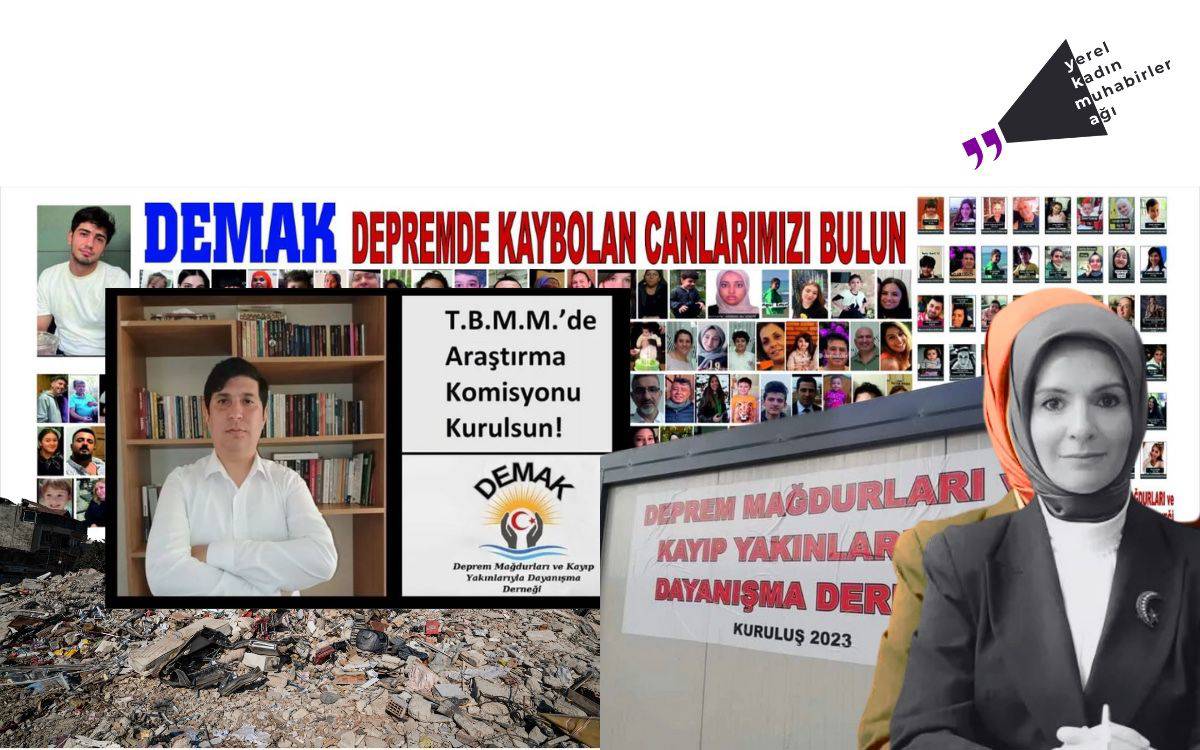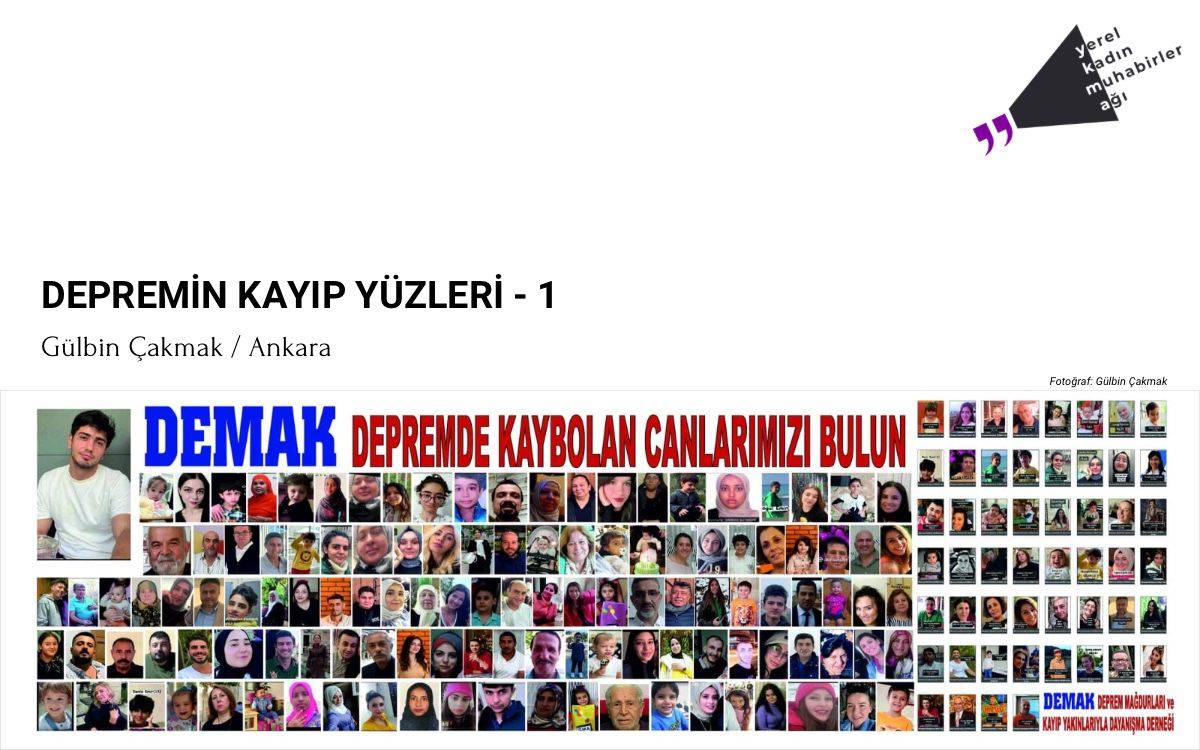Paylaş
The worst thing is the widespread perception among young people that “reading is pointless”
As beings who are constantly open to learning, thinking, and questioning, humans develop themselves through education. Therefore, we can say that education equals learning. After birth, babies gain their first experiences from their families by observing their surroundings. The family plays a crucial role as the first educational institution. Schools come later as the second. Of course, the passage of time and the development of technology make the quality of education also crucial for learning. However, when we look at today’s world, while technological advancements should have brought significant improvements to the education system, the opposite trend is occurring. There is a mass dropout among both girls and boys. Perhaps one of today’s most significant problems is the education system, which is facing a collapse. While young generations should be further developing in education, in this century, the vast majority of them are abandoning education without any plans for the future. Most alarming is the widespread perception among young people that “reading is pointless.” This perception is particularly prevalent in the eastern regions. Ultimately, this perception leads to an increase in school dropouts. As a woman and a journalist living in close contact with society, I couldn’t remain indifferent to this problem, a problem I constantly encounter. That’s why I interviewed Sema Aktaş, the Education Union Van Branch Women’s Secretary, about the problems in education, on behalf of the Flying Broom Local Women Reporters Network:
Unfortunately, change and transformation are not carried out with the fundamental principles of education but with a political motive!
How would you describe the education system in Turkey? What are the differences between what should be and what exists?
Sema Aktaş: Education is a crucial process that aims to bring about fundamental positive changes in individuals’ behavior. It also aims to positively change and transform the society that individuals constitute. The education system in Turkey, of course, has a mechanism that targets individuals and, in turn, society. The education system must possess fundamental principles that will advance society economically, culturally, and scientifically, and these principles must not be altered by political forces. However, contrary to popular belief, this change and transformation is unfortunately driven not by the fundamental principles of education, but by political motivations. Recently, every change or decision made in the field of education aims to distance education from scientific principles and secularism, and to religiosize it. The government’s efforts to raise generations aligned with its own worldview and lifestyle in the education system and social life have become a de facto oppression and imposition directed at society as a whole, through the medium of education. However, the fundamental principles of education are quite clear: it must be public, secular, scientific, taught in the mother tongue, gender-equal, opportunity-equal, and kind-equal, and free. Unfortunately, the current education system falls far short of these principles.
What is the perspective of students, the most important pillar of the education system, on education? Are they getting the necessary efficiency from the system?
Sema Aktaş: Many factors, including inequalities in education, a success-focused, centralized exam-focused approach, a religiously based curriculum that is far removed from the requirements of our time and scientific principles, and of course, this curriculum’s lack of a centralized exam approach, anxiety about the future, and the disregard for talents and interests, are driving the young generation to distance themselves from education. Young people, facing uncertain futures and fearing they won’t find a job even if they receive an education, don’t see school as essential in this regard. Especially recently, their only expectation from education is to receive a level of education that will enable them to travel to Europe. Young people, fearful of the future in their current country, anticipating challenges in their professions, and knowing from the outset that they will face a wage that doesn’t meet a decent standard of living, resort to moving to European countries. They either completely abandon education or see education as a necessity for going to another country and act accordingly. As a result, the young generation is crushed by the educational system.
According to our observations, school dropouts have increased significantly recently. What do you think are the reasons for these dropouts, most of whom are girls?
Sema Aktaş: It would be more accurate to say that mass school dropouts have actually increased recently. In addition to the many reasons I mentioned above, there are also other factors contributing to school dropouts. The deepening poverty caused by the economic crisis (which exacerbates the poverty of children, youth, and women), child labor as a source of cheap labor, the 4+4+4 education system implemented in the 2012-2013 academic year, regional inequalities, feudalism, child and forced marriage, and many other reasons can be cited. According to data announced by the Ministry of National Education in the Turkish Grand National Assembly, 11,654 students dropped out of primary school, 28,421 students dropped out of middle school, and 240,668 students dropped out of high school. We believe these numbers are much higher. Therefore, we refer to these dropouts as mass dropouts. It has been reported that there are approximately 1,700,000 students in distance education programs. With the MESEM program, which has been expanded for several years, many vocational high school students have been used as cheap labor in businesses outside of their schools, resulting in their being excluded from formal education. Furthermore, school dropout is a more common problem for girls. Girls, who undertake a significant portion of domestic labor, are being pushed out of education due to factors such as taking on responsibilities such as caring for children, the elderly, or the sick, the deepening economic crisis, being the first individuals excluded from education due to gender, and, of course, early forced marriage. According to statistics, over 1.5 million girls are excluded from the education system. Furthermore, statistics show that in 2021, 14,000 children aged 16-17 were officially married as children and forced into marriage.
What kind of youth does the education system aim to create? What kind of efforts are being made to achieve this?
Sema Aktaş: In this context, the state frequently sets new goals and implements new practices. For example, the government aims to educate young people and children in schools where spiritual counselors are appointed through the ÇEDES (I Am Sensitive to My Environment, I Love My Values) project, in line with its own ideology. These spiritual counselors, lacking any pedagogical qualifications, work specifically with children and young people. This is also a reality that Minister Yusuf Tekin highlighted during the most recent budget discussions. The Ministry of National Education signs protocols with numerous religious orders and communities, as well as with the Idealist Clubs (Ülkü Ocakları), and young people and children are directed to receive education in the private facilities of these religious orders, communities, and associations. These organizations, which have no oversight and are frequently in the news for violence and abuse against children and young people, are being used to shape the younger generation. For example, in Van, hundreds of students are sent to the Black Sea provinces every year under these protocols, and unfortunately, there is no information available about the education they receive or their experiences there.
What do you think Education Sen, and all educators in general, are aiming for in addressing these existing problems? What can be done?
Sema Aktaş: Eğitim Sen advocates for public, scientific, mother-tongue-based, secular, free, equal opportunities, and gender and gender equality, and guarantees this through its bylaws. Our struggle is not limited to the rights of education and scientific workers. We also develop policies and understanding for the education system. From the very beginning of this interview, we claim to be the only union waging a strong struggle against all the negative situations we’ve mentioned. We insist on resolving these problems with our democratic, socialist union approach, advocating for a scientific and socially oriented approach to education against the government’s ideological approaches, especially in education. We know that each of our educator colleagues will not remain indifferent to these problems in education; they will be a part of the solution, contributing to their solutions in effective cooperation with students’ parents, and waging every struggle to protect our children. We believe that the clearest solution to these problems is an effective struggle conducted in line with the principles we have mentioned.
Nejla KIRBAŞ







